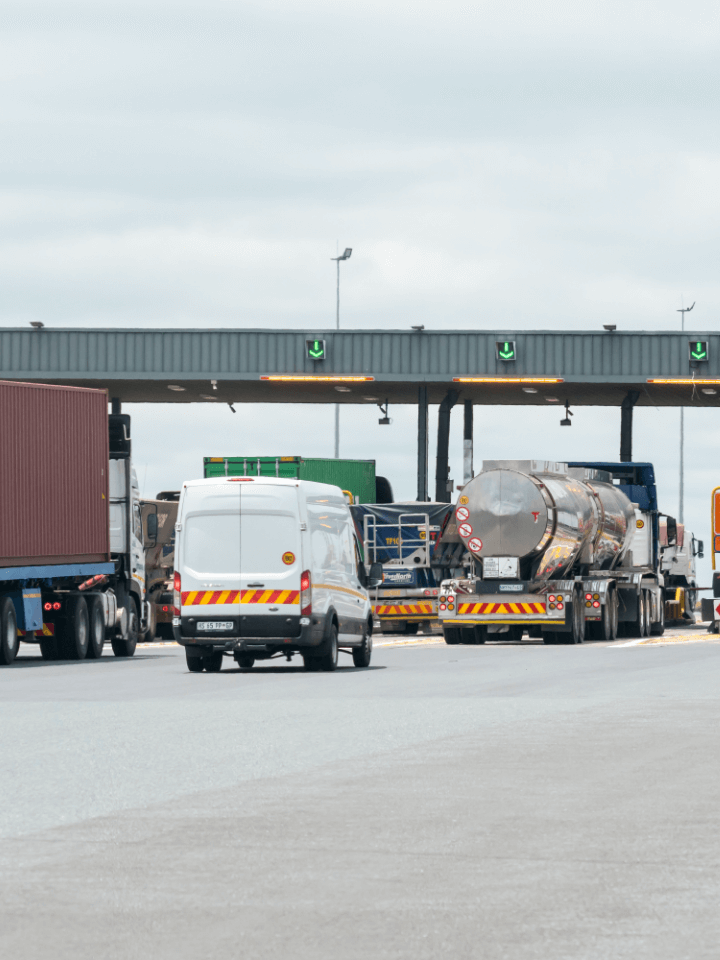If we were to name the main professionals in the logistics sector

A transport company, whether national or international, has a very important task to carry out: to bring the sender's goods safely to their destination, who remains the legitimate owner in all respects until the goods are delivered.
To protect customers and those who rely on a transport company, there are various obligations that those who make the shipment are required to observe.The transport professional is, temporarily, ultimately responsible for the transported goods, and their obligations are almost as important as those of the customer who pays for the transport service.
This Convention (also known as CMR from the French “Convention des Marchandises par Route”) was signed in Geneva on 19 May 1956 and regulates various legal aspects relating to international road transport.
In the case of international transport, the CMR Convention must be applied in all circumstances. Otherwise, the courier may have to pay the legal consequences.
When picking up the goods, the courier must check the conditions of the goods and their packaging, verifying that the quantities coincide with those indicated in the waybill.
The documentation needed to successfully complete the transaction must be managed and kept only by the courier for the duration of the trip, under any conditions.
In certain situations, the courier is responsible for the previously agreed financial transactions. They must check the money entrusted to them from the moment it is received until the goods are delivered.
Likewise, the courier must ensure that the amounts comply with the clauses and that the payment method is respected at all times.
As previously mentioned, the sender remains the legitimate owner until the goods are delivered and therefore can freely exercise their right to dispose of the goods as they see fit, even during the delivery.
Any refusal by the courier to satisfy a customer's specific request relating to the goods owned by them can lead the courier and the transport company to legal troubles where they would assume responsibility for and where it may also be necessary to compensate the interested party or parties.
route itinerary must be the best one according to the type of goods and the delivery times requested and, if previously agreed upon with the customer, it must be respected unless there are causes of force majeure.’itinerario percorso deve essere quello migliore in funzione del tipo di merce e delle tempistiche di consegna richieste e, nel caso venisse concordato in precedenza con il cliente, deve essere rispettato a meno che siano presenti cause di forza maggiore.
The transport of goods must always be adapted to the customer's needs by selecting the appropriate vehicle model according to the material to be transported. a seconda del materiale da trasportare.
At Aldieri, all our couriers are highly qualified and participate in specific training courses to ensure safe and efficient transport, in compliance with all specific regulations on the transport of goods.
We have the right need for every type of transport: we specialise in the high tech, food, cosmetics, pharmaceutical, non-profit, fashion and luxury sectors, knowing how to choose the most suitable vehicles and itineraries according to the load entrusted to us.
Contact us to tell us about your needs and we will find the best solution for your transport needs safely together!